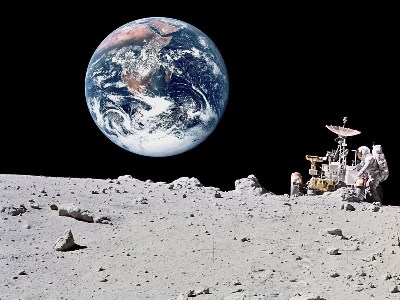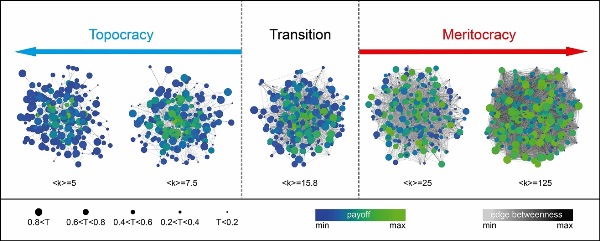This excellent post by Quartz ‘We’re thinking about the fourth industrial revolution all wrong‘ gives some perspective on terminology. It compares what is now generally understood as the “Fourth Industrial Revolution” (1st: steam engine; 2nd: oil & electricity; 3rd: internet; 4rd: digital) and what we name here in this blog the Fourth Revolution (1st: language; 2nd: writing; 3rd: broadcasting (printing etc); 4th: cheap 2-way communication).

I like very much this article of course because it exposes that we should not be myopic and that the real change is akin to what we expose in this blog since the beginning. What is usually meant by the “Fourth Industrial Revolution” is in fact just a way to name a trend into the digital, but the real change is really very cheap, global, 2-way communication. In this article, it is mentioned as “the period of industrialized intelligence, rising with the mental-energy-saving inventions of the mid-20th century and continuing through today. Much as the industrial revolution dehumanized biological strength with machines, the displacement of biological intelligence with computers represents the dehumanization of intellectual labour. Projecting current techniques a few years forward suggests that autonomous systems will eventually be capable of outcompeting humans in every area where intelligence is the key component of production.”
To avoid falling in the trap of overestimating the importance of present trends, it is always worth taking a deep historical perspective. In any case, the current transformation is really a revolution, and probably much deeper than the concept of “Fourth Industrial Revolution” would imply: we are now beyond the Industrial Age!











